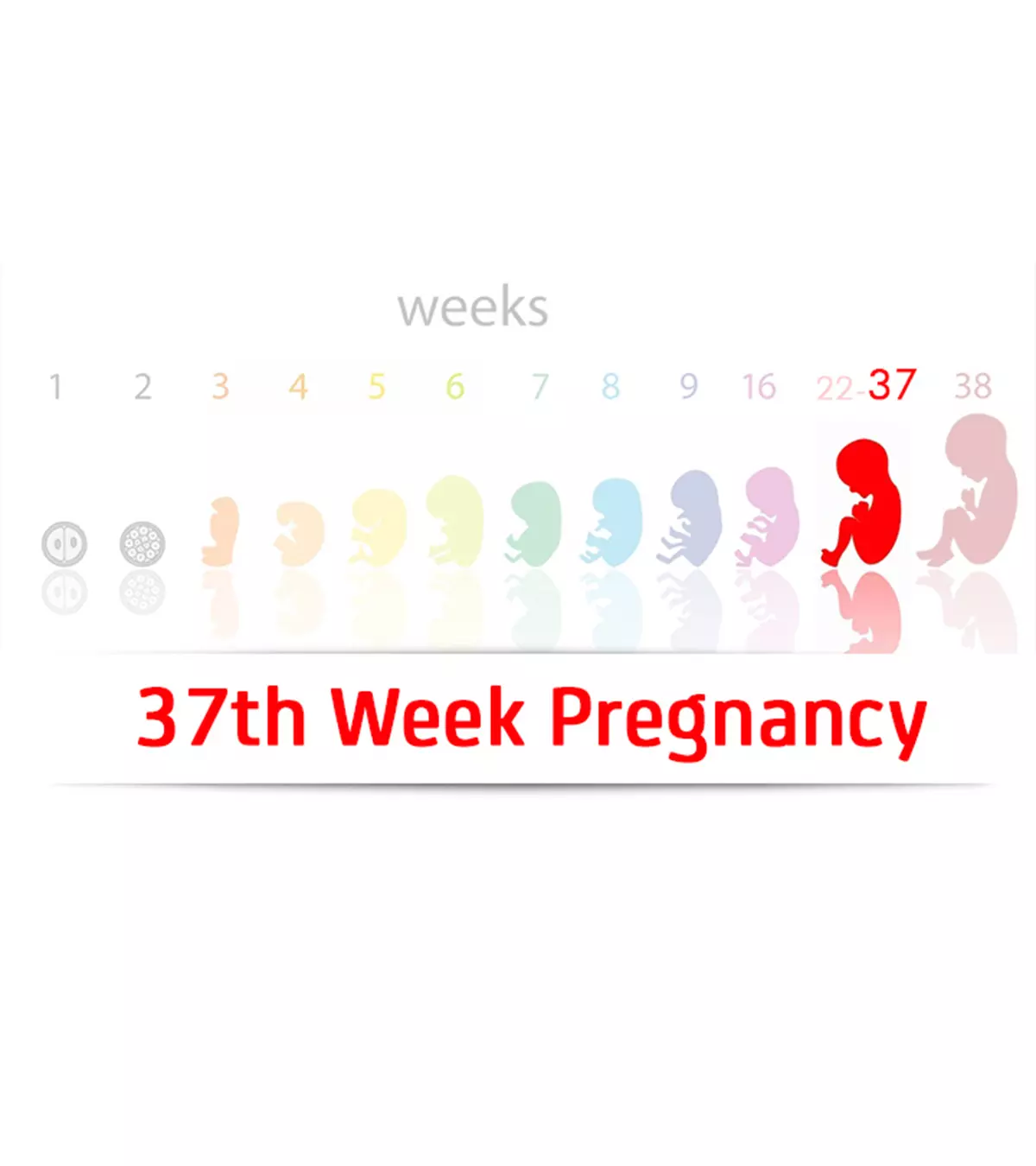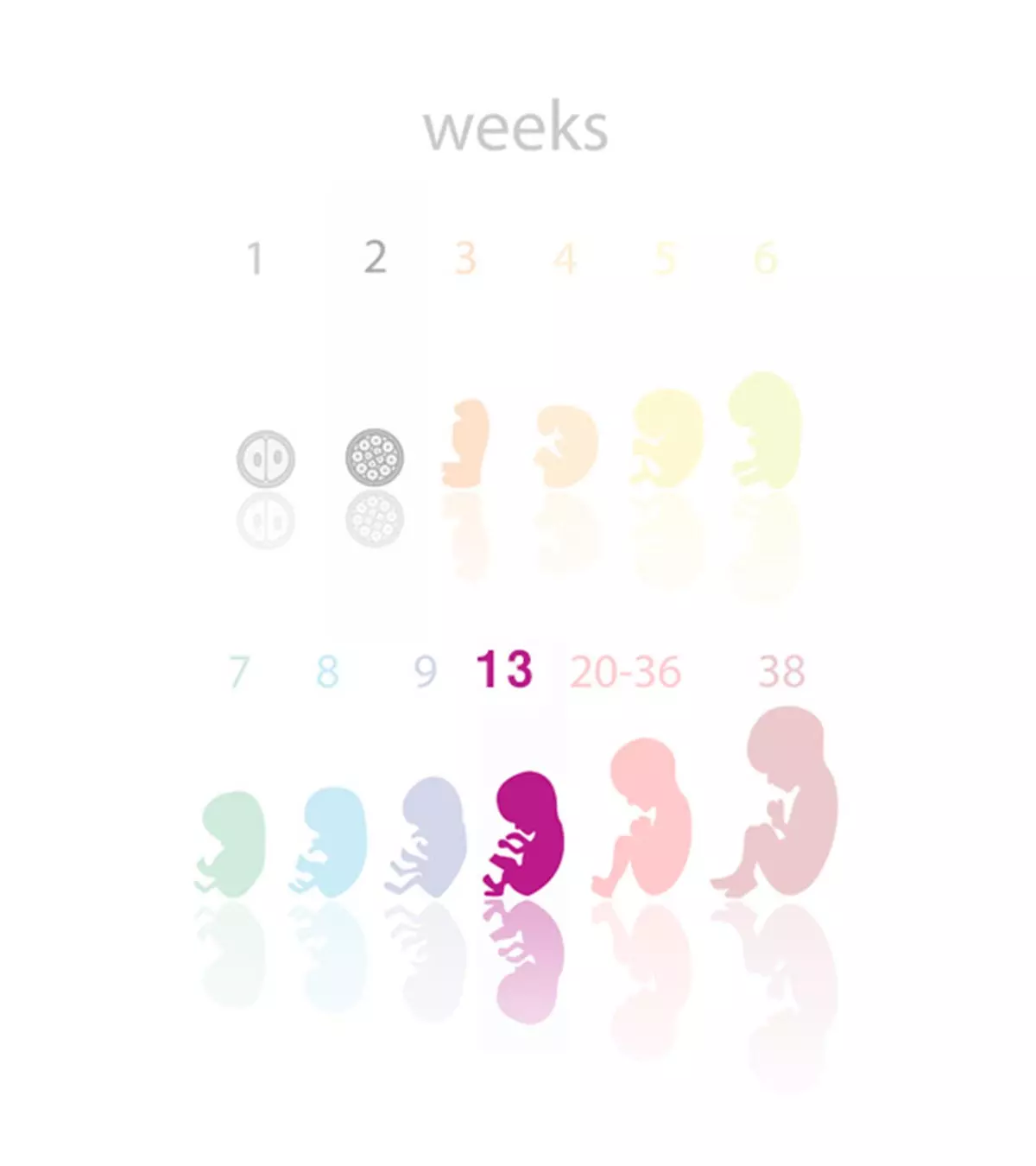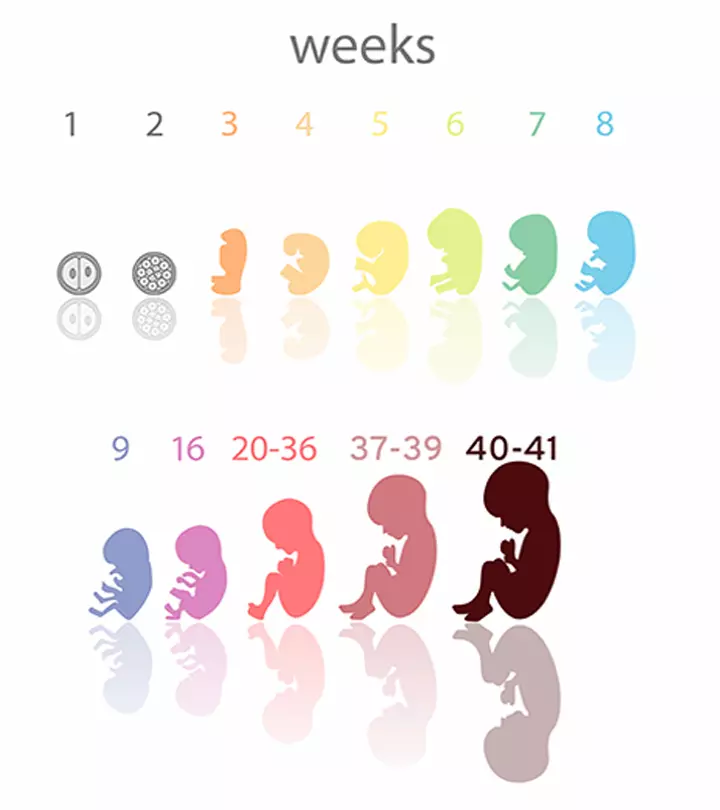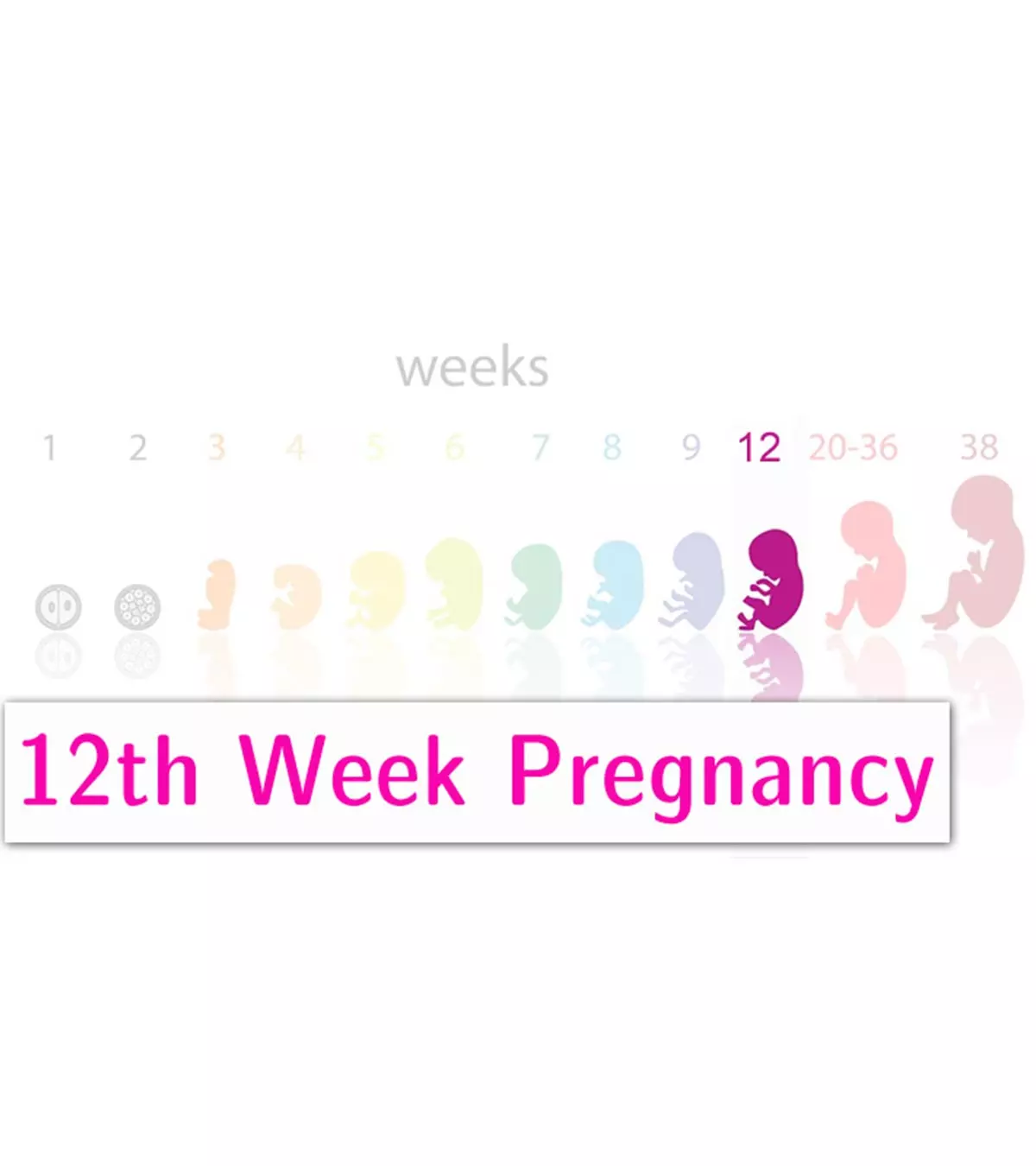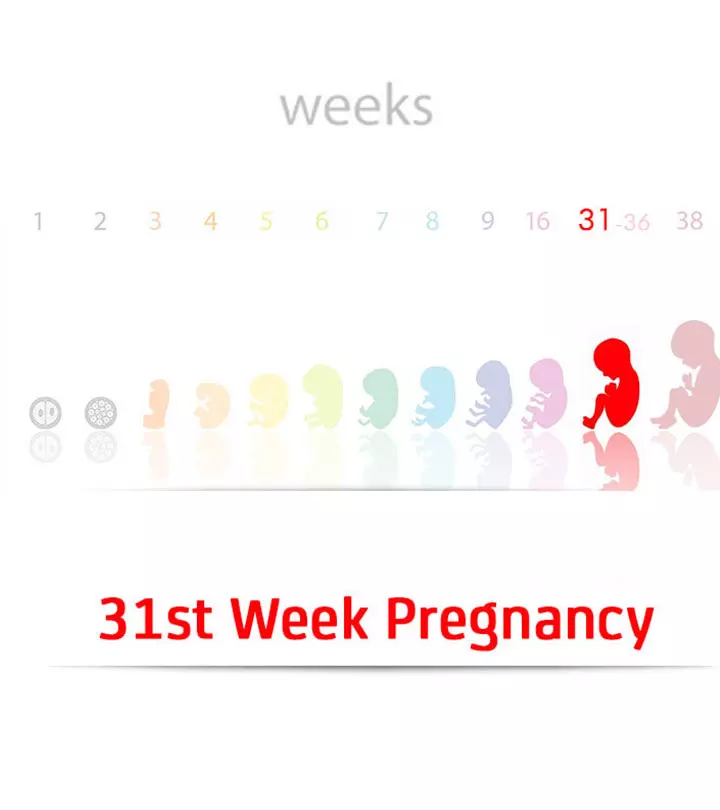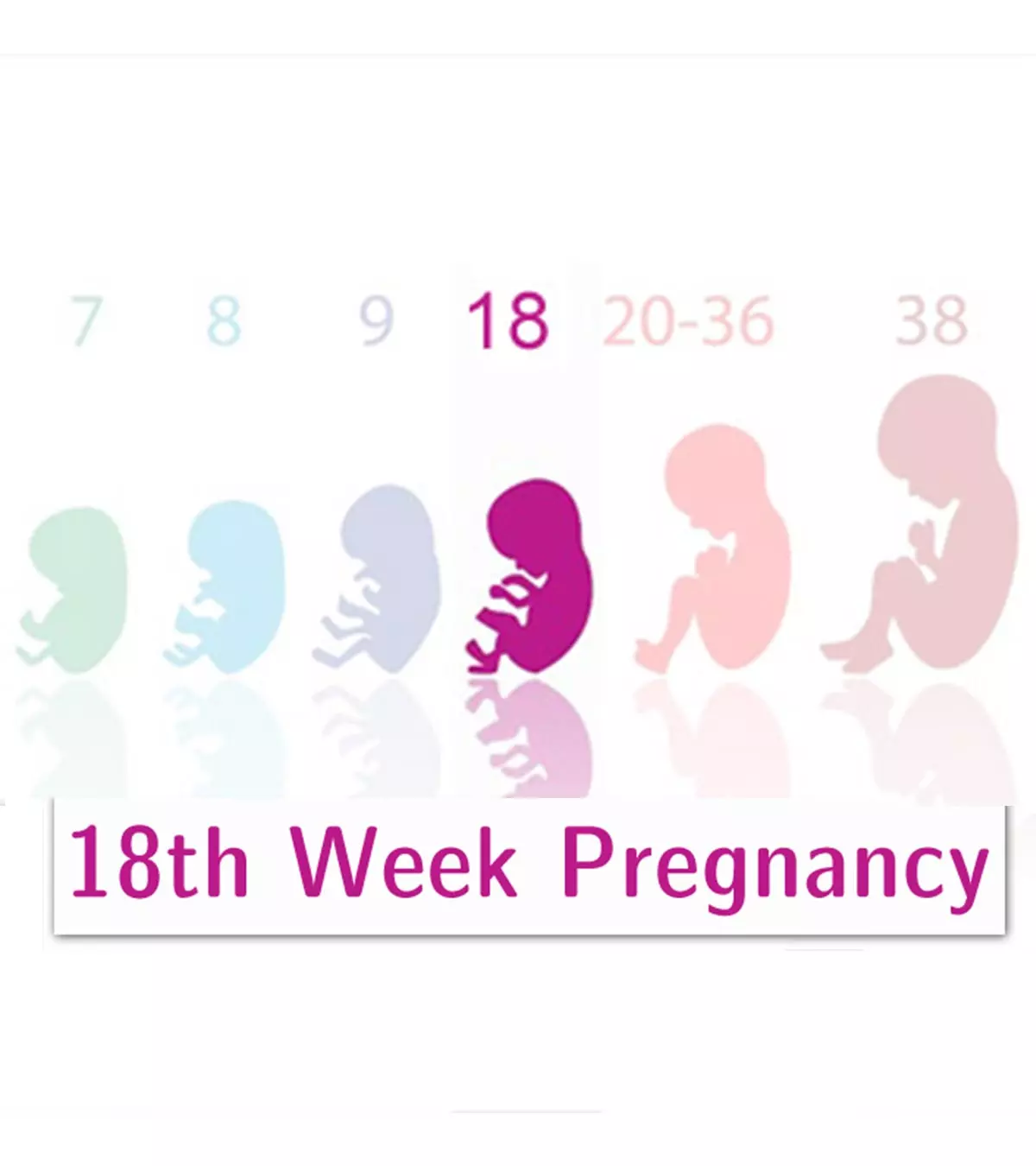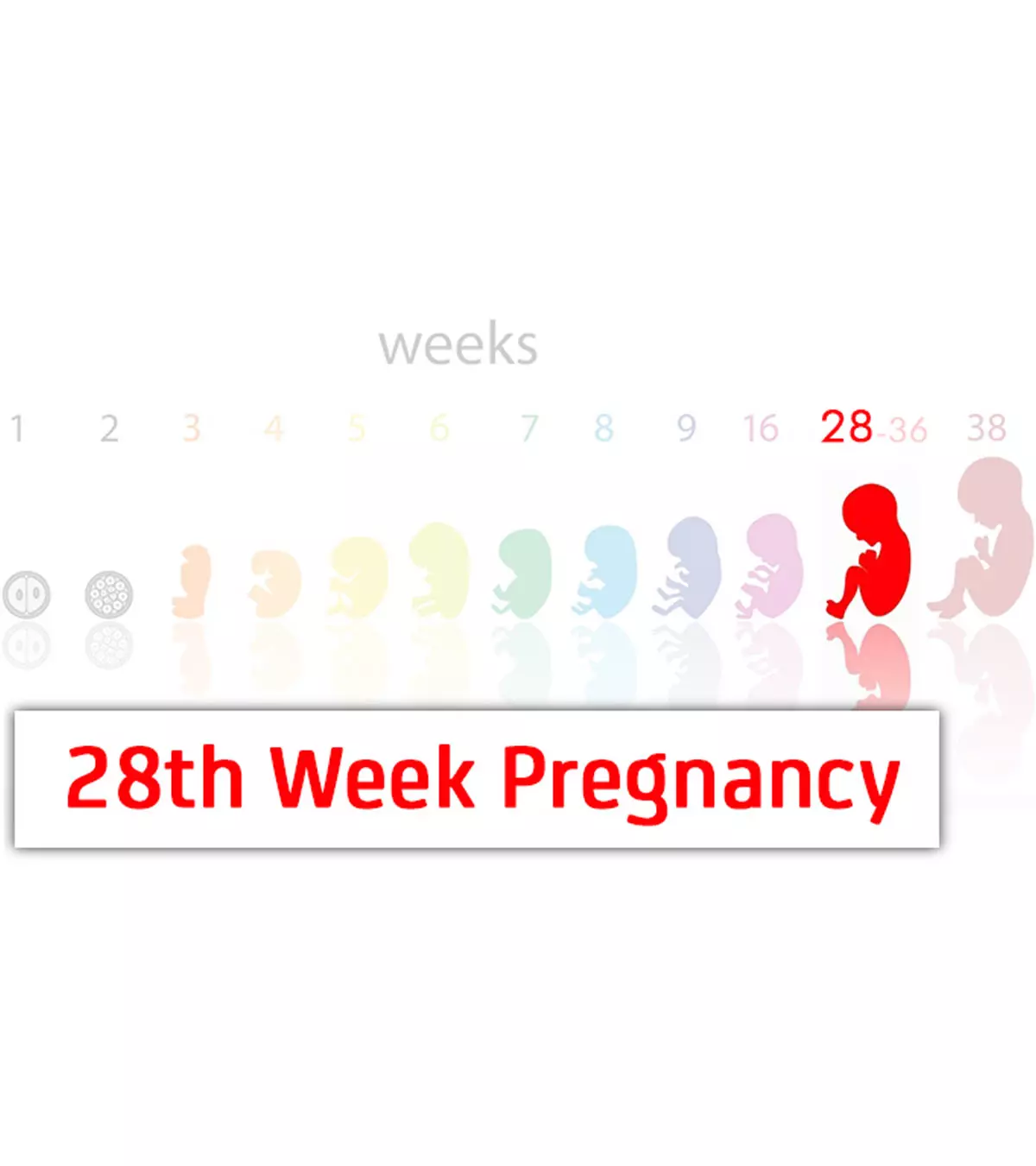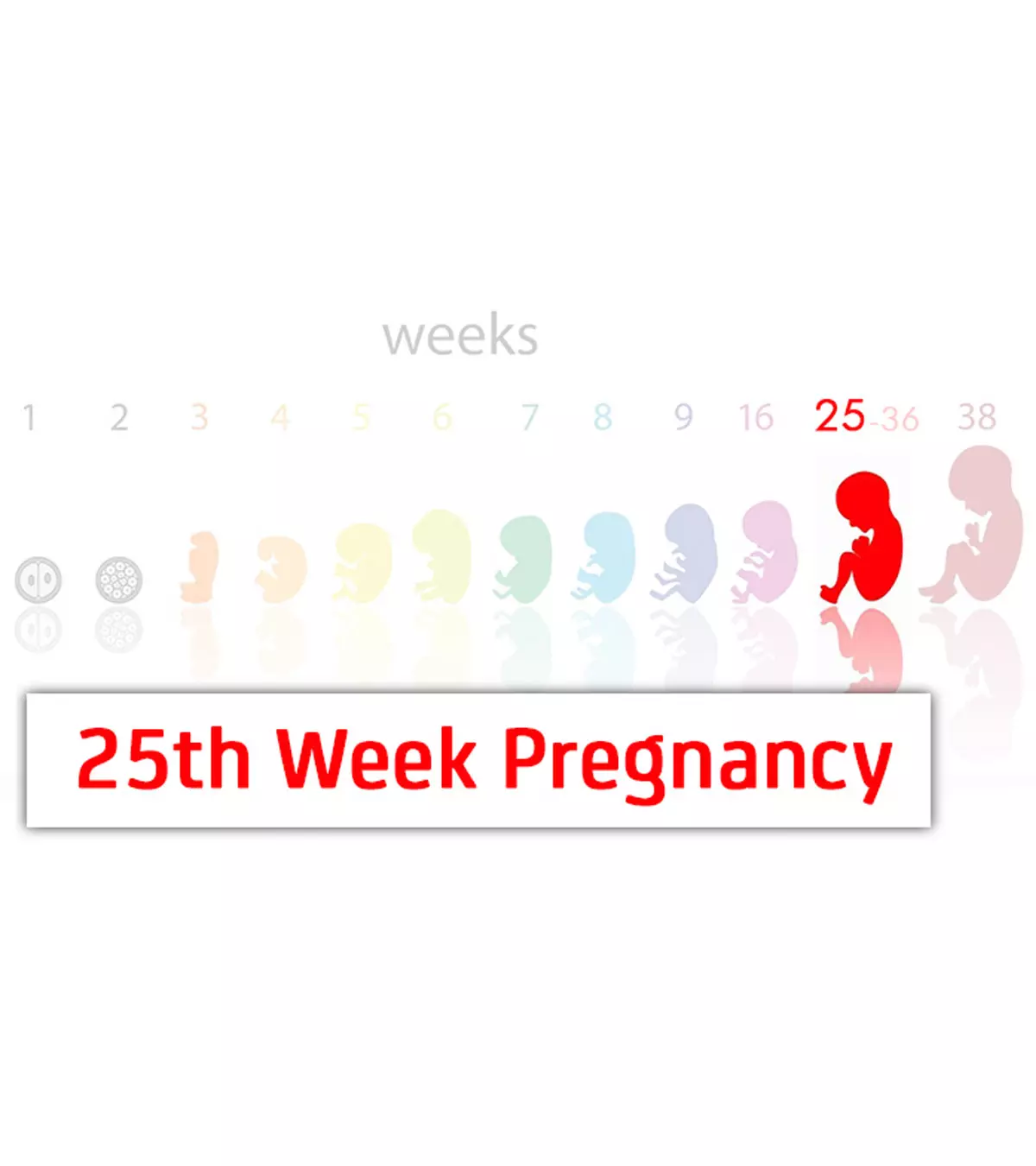
The joy of motherhood is unlike any other. But, it brings along several responsibilities and a wave of mixed emotions. So, here we bring you some important things to know about pregnancy, especially for first-time expecting mothers.
It is normal for you to be extra cautious about everything during pregnancy, and the slightest changes can cause you to feel anxious. Therefore, it is important that you stay prepared and learn about the necessary steps to take before and during pregnancy.
Starting from the regular doctor visits to gearing up for the baby’s arrival, you need to be aware of all the requirements to have a comfortable and safe pregnancy journey. Understanding these key aspects of pregnancy will empower you to navigate this life-changing journey while ensuring your health and your baby’s well-being. So, read on as we will tell you everything about pregnancy for first-time mothers.
Key Pointers
- Signs of pregnancy include missed periods, nausea, mood swings, tender breasts, and cravings for particular foods.
- Regular prenatal care with a trusted doctor is important to assess the health of the mother and baby and prevent developmental disorders.
- Understanding family medical history is crucial during pregnancy to anticipate potential problems.
- Vaccinations are important to prevent illnesses that may affect the physical and mental health of the fetus.
- Eating a nutritious, balanced diet is important to provide necessary nutrients for fetal growth.
- Physical activities are important for a healthy body and to support the baby’s development.
Important Things about Pregnancy
Here are 20 imperative things to know about pregnancy. Knowing these will make your pregnancy more enjoyable and memorable.
1. Signs that you are pregnant:
Once you miss your period, you may have some symptoms such as nausea, mild back pain, mood swings, tender or swollen breasts, morning sickness, and cravings for some particular food (1). Many times, false symptoms lead to confusion. Understand that some solid signs indicate that you are pregnant. One way to confirm your pregnancy is to conduct a home-based urine test using the kits available in the market. You could also get a pregnancy test done by a doctor.
Being sure that you are pregnant is vital. If the home pregnancy tests show vague results, you should go to the ob-gyn to confirm your pregnancy.
 Did you know?
Did you know?2. Visits to doctor for prenatal care are important:

Many couples visit a doctor even before planning a baby just to make sure that their first time pregnancy is healthy and devoid of complications. Once you confirm your pregnancy, it is important to visit your doctor regularly. Choose the best gynecologist and never skip monthly check-ups to ensure sound maternal and fetal health. Moreover, it is also necessary to curb any developmental disorders at an earlier stage itself (2).
3. Understanding the family medical history:
This is one of the most crucial things to remember during pregnancy. Once you conceive, it is a good idea to discuss your mother’s, grandmother’s, or aunts’ pregnancies. It helps you learn about any genetic disorders or birth abnormalities in the family line. Information like this will prepare you for any potential problems and take preventive actions if required (3).
4. Vaccinations are important:
With every antenataliThe time from conception till before delivery appointment, your doctor will inform you of the vaccination shots you will have to take next. Be it a regular tetanusi Infection by Clostridium tetani, found in feces, soil, and rusty surfaces, causing muscle spasms, stiffening, and fever or flu shot, take the shots without fail. Vaccinations will prevent you from falling sick. Remember, some illnesses in newly pregnant mothers can seriously impair the physical and mental health of the fetus. So, stay safe, stay sure.
According to a survey by the Centers for Disease Control and Prevention, pregnant women in the United States were most likely to be prescribed the flu vaccine, Tdap, and COVID-19 vaccines in 2022. Of these prescriptions, 48.4% of 2,015 women were prescribed the flu vaccine, 48.4% of 838 women received the Tdap vaccine, and 60.5% received more than one COVID-19 vaccine.
There is a myth that vaccinating pregnant mothers can cause a health risk to the baby. There is, however, no evidence to prove this. Live attenuated virus and live bacterial vaccines are not suggested during pregnancy. The benefits of vaccinating pregnant women outride the potential risk (4).
5. Finding your gestational age:
Pregnancy is divided into three stages, each consisting of three months, called trimesters. With each passing stage, physiological changes occur in your body in the form of hormonal changes, blood pressure, breathing, and metabolism. One should monitor such changes from the beginning of pregnancy to understand the other stages and your progress through them. It is also necessary to know your delivery due date, which is mostly determined from the date of your last menstrual cycle. A normal delivery can happen anywhere between 37 and 40 weeks (4).
6. Bleeding can occur during pregnancy:
Typically the first sign of pregnancy is considered to be missed periods. However, some women bleed in the initial stages of pregnancy, creating confusion if it is menstrual bleeding.
This kind of bleeding occurs when the egg travels down the fallopian tubei A hollow tube-like structure that connects ovaries to the uterus and into the uterus, where it implants into the uterine lining (implantation bleeding or spotting). The best way to recognize it is from its color. It is often in brown or pink color in contrast to the usual red color of the menstrual blood. Though it is not a disturbing factor, it is good to consult a doctor.
7. How much weight gain is normal?
Most women are worried about weight gain during their pregnancy for the first time and are eager to lose it at the earliest post-pregnancy. Your weight gain depends on your BMI (body mass index) before pregnancy. If you are overweight when you conceive, then you are advised to put on fewer calories than someone who is of normal weight. The basic idea is to support proper fetal development by providing it with all the necessary nutrients. So eating the right meal and understanding the needs of the baby are a priority (5).
8. What to eat and what not to eat:

Along with the regular dose of vitamin and health supplements, you should have a nutritious, wholesome, and balanced diet. Doctors, usually, provide a proper diet chart as per your unique nutrition needs. Take small and frequent meals.
Also, you need to stay away from alcohol and caffeine products as they can increase the chances of premature delivery, congenital disabilitiesiStructural or functional abnormalities present from birth , and underweight in babies (6).
 Quick fact
Quick fact9. Physical activities are a must:
Your everyday exercise routine ensures the smooth functioning of your body. Remember, childbirth is a laborious process that demands a lot of energy. Only a healthy body can withstand the various stages of labor. Exercises also help in alleviating the usual discomforts one experiences in pregnancy. They strengthen your muscles to endure pregnancy pains. Results show, the right workout routine of a pregnant mom significantly supports the development of your baby’s entire system (7).
Practicing some form of exercise has become a norm in pregnant women as emerging scientific studies shed some light on the benefits of physical activity on the mother and baby. The graph below depicts the prevalence of activities among pregnant and non-pregnant women. It can be inferred from the graph that more pregnant women choose walking as a physical activity than non-pregnant women, indicating it is a safe exercise during pregnancy.

Prevalence and pattern of various activities in pregnant and non-pregnant US women
Source: Pregnancy and physical activity; University of Michigan10. There can be discomforts during pregnancy:
Being pregnant is not easy. There will be discomforts throughout the period. Activities such as standing or sitting for long durations that you could indulge in earlier, would either be forbidden now or you find them too difficult to do. Issues such as constipation and vomiting could drain your energy. Eating healthy and getting the required amount of rest, can help you reduce the discomforts (8). If you are worried about your discomfort, contact your doctor. They may suggest some tests, such as an ultrasound, to ascertain your health and fetal monitoring. Manuela Putz, in her blog, shares, “Being pregnant is not always as romantic as I imagined. Sickness, constipation, headaches, tiredness, and the fact that no one could help me with my nausea, left me desperate and alone (i).”
11. Travel during pregnancy:
Traveling is generally fine in the early stages of pregnancy, but it can become risky as your due date approaches. Many airlines do not allow women to travel after 36 weeks of pregnancy. If your travel is unavoidable, consult your doctor and take necessary precautions. There could be times when a doctor’s certificate is a prerequisite for travel (9).
Here are some early pregnancy facts in which your doctor may advise you to avoid traveling:
- History of pre-term labor or miscarriage
- Multiple pregnancies (twins, triplets, or more)
- High blood pressure
- Placental abnormalities
- Gestational diabetes
- Incompetent cervix
- History of bleeding during pregnancy
- History of preeclampsiaiA condition concerning high blood pressure and protein in urine during pregnancy or ectopic pregnancyiA complication in pregnancy where the fertilized egg grows outside the uterus more often in the fallopian tube
If none of these complications exist, your doctor might allow you to travel. Most doctors permit travel in the second trimester but may ask you to avoid it during the first and third trimesters.
12. Have the right attitude:
Always be positive. The right approach will make you strong enough to face the challenges at every stage of pregnancy. Psychologists reinforce that sound mental decorum of the mother has a high impact on the fetus. Prepare ahead, as a well-informed mother can cope with the early laborious days after delivery.
13. Keep your career worries aside:

You might be worried about your career status once your baby arrives. Don’t try to push your existing career into the new role of a mother. A job that meshes better with motherhood is an ideal pick. You can rebuild your career once your kids grow older and are independent. If you are already working, speak to your HR about the company’s maternity leave policy and focus on utilizing the leave period to best care for your baby.
14. Allocate time for everything:
A study published in the Journal Of Labor Economics mentions that pregnant women who worked until their eighth month had babies half a pound lighter than those who stopped working earlier. Pregnancy could be a huge stress on your body, and therefore, you cannot stress yourself more with a job. If you cannot afford to take a break from work, take frequent breaks in between.
15. Choose your place of birthing:
It is important to have a comprehensive birth plan. You should plan the place – hospital, nursing home, etc. – where you would like to give birth. It is important to choose a place that is best for you and suits the needs of your family. The hospital should be determined by the expertise of your doctors, their credibility, hygiene, and other factors such as the distance from home and the surroundings of the birthing place. Selecting a place well in advance and making visits there should make you comfortable for your D-day (10).
16. What is labor pain?
When your due date comes closer, you will go into labor pain. It is necessary to consult the doctor and understand what ‘going to labor’ means. It is another must thing to know when pregnant and identifying it will make it easy for you to handle your labor with no difficulty. One quick sign of labor is frequent painful contractions which increase in intensity with time. Many times, walking is recommended during early labor because it makes women feel more comfortable (11). You can talk to your midwife or nurse to know what preparations you must do for smooth labor and delivery.
17. Fearing childbirth could delay the labor:
Women who fear childbirth will spend about one and a half hours longer than women who do not fear giving birth. Fear and anxiety would increase the blood concentrations of the hormones known as catecholamines, which will weaken the ability of the uterus to contract (12). Poor communication between you and your doctor may also prolong the labor. It is advisable to go for prenatal breathing and birthing classes. They will help you stay prepared for all options of childbirth including vaginal birth, cesarean section, forceps delivery, and so on.
18. Do baby shopping beforehand:
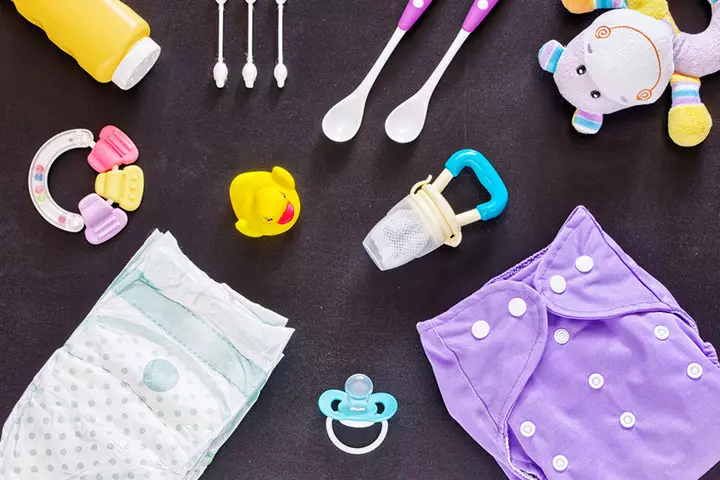
Another thing you need to know about pregnancy is to avoid last minute rush, keep all things required post delivery, ready. A few clothes, baby mats, blankets, warm clothes (depending upon the season), and feeding equipment should be bought in advance. Moreover, you enjoy such shopping, and it enhances your connect with the baby.
19. Learning and understanding childcare and parenting:
After delivery, the sudden responsibility of childcare and parenting can be difficult for many people. Therefore, talk to your doctors, friends, and relatives, or read various books to equip yourself with some knowledge on postpartum care of the mother and the baby and the breastfeeding journey.
20. Pregnancy can boost your memory:
Canadian researchers from the University of Western Ontario say that pregnancy supercharges the brain’s gray matter rather than turning it into mush, to face the challenges of motherhood. A study found pregnant moms do well on memory tests than other women who don’t have babies.
More Important Things To Know About Pregnancy
- Find a good doctor or midwife to make the delivery safe.
- Take proper naps.
- Boy or girl? Do not think much. Be prepared to welcome your baby.
- Wear properly fitting clothes. Do not worry about the bump, it looks beautiful, and you look cuter.
- You will start snoring, as your nose membranes could swell up.
- Avoid wearing underwire bras as they can restrict the breast changes. Use bras with thickened flat straps, which can cover your breasts completely.
- Fluid retention would be one big issue. Try sleeping with your feet elevated and make sure to drink more water.
- Do not worry if you observe vaginal discharge. Unless it turns thick, smelly, and green, or stained with blood, it is a regular thing during pregnancy.
- The pregnancy hormones speed up the metabolic processes causing you to flush and sweat more.
- Your skin stretches during pregnancy, which makes your tummy itchy.
- You would smell different. The chemical changes in your body will give you a new, alluring, and warm odor.
- Do not miss a single prenatal checkup. Every checkup is important as a few complications, if any, could show only at the later pregnancy stages. The sooner you find, the quicker you can go for treatment.
- Your libido would change significantly. It can be more or less. It is normal, and these changes are temporary.
- Your voice would be the best thing your baby hears when she/ he is in the womb. Tell stories and sing songs.
- You may have strange mood swings. You can expect anger, sadness, and fear. It doesn’t mean you are mad, it is just your hormones at play.
 Quick fact
Quick fact- If it is your second pregnancy, make your first child feel responsible for the sibling who is on the way.
- If you have pets, keep them clean and instruct them to behave properly when the newborn comes home. Arrange for a pet sitter or dog walker when you are away from home.
- You have to arrange for help beforehand so that there is someone to take care of the baby when you are at work or taking your postpartum rest.
- Decide beforehand who would be with you when you are giving birth. Some women prefer people around while some others would want privacy.
- You should talk to the doctor about how your spouse can help you with labor. He might be your emotional support when you are giving birth.
- Do not panic when you are in labor. Just calm down and let no story affect you in any way. Everyone’s experience is different. Pack your bag for the hospital before you reach the due date.
It is only you who can decide what is best for you during pregnancy. Just give a healthy start by scheduling the prenatal checkups with the right doctor.
Frequently Asked Questions
1. What fruit is not good for pregnancy?
Expecting women can consume most fruits in moderation as a part of a well-balanced diet. However, some fruits might not be safe. For instance, unripe or semi-ripe papayas could be unsafe as the latex in them can trigger uterine contractions. Similarly, consuming large amounts of pineapple, especially in the third trimester, should be avoided as the enzyme bromelain in them can soften the cervix (13).
2. Is sperm healthy for the baby during pregnancy?
Research shows that seminal exposure supports the development of the fetus in the mother’s womb. It also plays a vital role in implantation (14). In addition, exposure to semen has been shown to reduce the risk of preeclampsia and miscarriages (15).
3. Why is it important to be active while pregnant?
Staying active during pregnancy can help maintain a healthy weight. It can also help reduce pregnancy discomforts, such as backaches and leg cramps. Furthermore, physical activity during pregnancy can help minimize the risk of pregnancy-related health issues, such as preeclampsia, gestational diabetes, and postpartum depression (16).
The first pregnancy is all about mixed feelings. Although you are excited about the arrival of the new member, the future responsibilities and challenges may be worrying. To ease this situation and enjoy pregnancy to the fullest, you should keep yourself updated with pregnancy and birth. This article shares the important things about pregnancy. Testing pregnancy, the importance of doctor appointments, knowledge about family history, and weight gain will ensure you stay more informed and confident about your pregnancy. So, explore and read as much as you can about the topic and make your pregnancy a beautiful phase.
Infographic: Pregnancy Care: Checklist For Expectant Dads
Expectant fathers have a significant role in supporting a woman’s healthy and safe pregnancy. Whether you are a first-time dad or have been on this path before, take a look at this detailed infographic to note how you may support your partner throughout her pregnancy and childbirth journey.
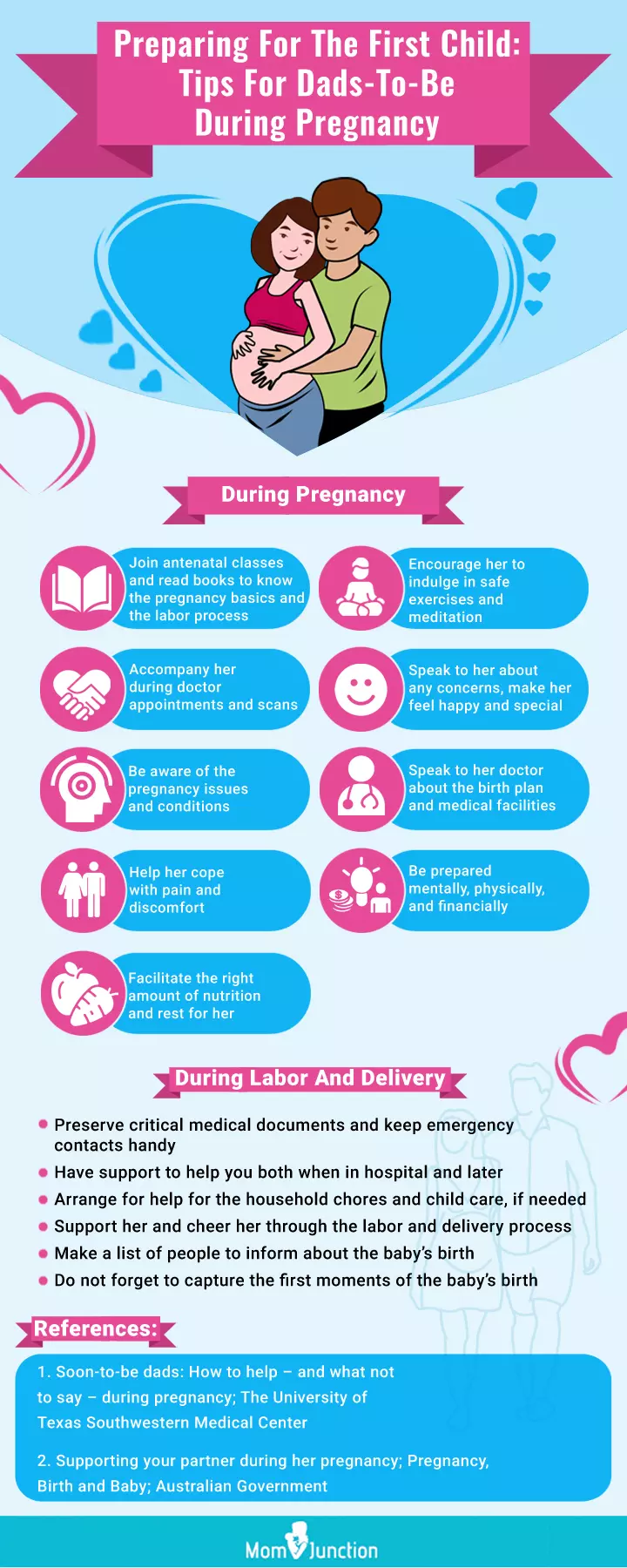
Illustration: Momjunction Design Team
Illustration: Top 20 Things To Know When You Are Pregnant For The First Time

Image: Stable Diffusion/MomJunction Design Team
Pregnancy is an exciting time! Learn all you need to know about the first trimester of pregnancy in this informative video.
Personal Experience: Source
MomJunction articles include first-hand experiences to provide you with better insights through real-life narratives. Here are the sources of personal accounts referenced in this article.
i. 5 Hard truths no one tells you about pregnancy;https://medium.com/fearless-she-wrote/5-hard-truths-no-one-tells-you-about-pregnancy-25e5e8df9c7c
References
- What are some common signs of pregnancy?.
https://www.nichd.nih.gov/health/topics/pregnancy/conditioninfo/signs - What is prenatal care and why is it important?.
https://www.nichd.nih.gov/health/topics/pregnancy/conditioninfo/prenatal-care - Family Health History and Pregnancy.
https://www.cdc.gov/family-health-history/family-health-history-and-you/family-health-history-and-pregnancy.html# - Gestational age.
https://medlineplus.gov/ency/article/002367.htm - Weight Gain During Pregnancy.
https://www.cdc.gov/maternal-infant-health/pregnancy-weight/?CDC_AAref_Val=https://www.cdc.gov/reproductivehealth/maternalinfanthealth/pregnancy-weight-gain.htm - Staying healthy and safe.
https://womenshealth.gov/pregnancy/youre-pregnant-now-what/staying-healthy-and-safe - Stay Active During Pregnancy: Quick Tips.
https://health.gov/myhealthfinder/topics/pregnancy/nutrition-and-physical-activity/stay-active-during-pregnancy-quick-tips - Common Discomforts During Pregnancy.
https://www.stanfordchildrens.org/en/topic/default?id=common-discomforts-during-pregnancy-85-P01207 - Chapter 7 Family Travel.
https://wwwnc.cdc.gov/travel/yellowbook/2024/family/pregnant-travelers - Judith A. Lothian; (2009); Safe, Healthy Birth: What Every Pregnant Woman Needs to Know.
https://www.ncbi.nlm.nih.gov/pmc/articles/PMC2730905/ - Simona Labor and Simon Maguire; (2008); The Pain of Labour.
https://www.ncbi.nlm.nih.gov/pmc/articles/PMC4589939/ - Michele Ondeck; (2014); Healthy Birth Practice #2: Walk Move Around and Change Positions Throughout Labor.
https://www.ncbi.nlm.nih.gov/pmc/articles/PMC4235058/ - Adebowale Adebiyi et al ; (2002);Papaya (Carica papaya) consumption is unsafe in pregnancy: fact or fable? Scientific evaluation of a common belief in some parts of Asia using a rat model
https://pubmed.ncbi.nlm.nih.gov/12144723/ - John J. Bromfield; (2014); Seminal fluid and reproduction: much more than previously thought
https://www.ncbi.nlm.nih.gov/pmc/articles/PMC4048384/ - Louise C. Kenny and Douglas B. Kell; (2018); Immunological Tolerance Pregnancy and Preeclampsia: The Roles of Semen Microbes and the Father
https://www.ncbi.nlm.nih.gov/pmc/articles/PMC5758600/ - Health Tips for Pregnant Women
https://health.clevelandclinic.org/couvade-syndrome-sympathetic-pregnancy - Couvade Syndrome: When Partners Develop Pregnancy Symptoms
https://www.niddk.nih.gov/health-information/weight-management/healthy-eating-physical-activity-for-life/health-tips-for-pregnant-women#activityPregnant - Pica And Pregnancy
https://www.dshs.texas.gov/sites/default/files/lead/pdf_files/Pica-and-Pregnancy-Flyer_English.pdf - Pregnancy glow
https://americanpregnancy.org/healthy-pregnancy/changes-in-your-body/pregnancy-glow/
Community Experiences
Join the conversation and become a part of our nurturing community! Share your stories, experiences, and insights to connect with fellow parents.
Read full bio of Dr. Suman Lal
Read full bio of Rebecca Malachi
Read full bio of Swati Patwal
Read full bio of Dr. Joyani Das






